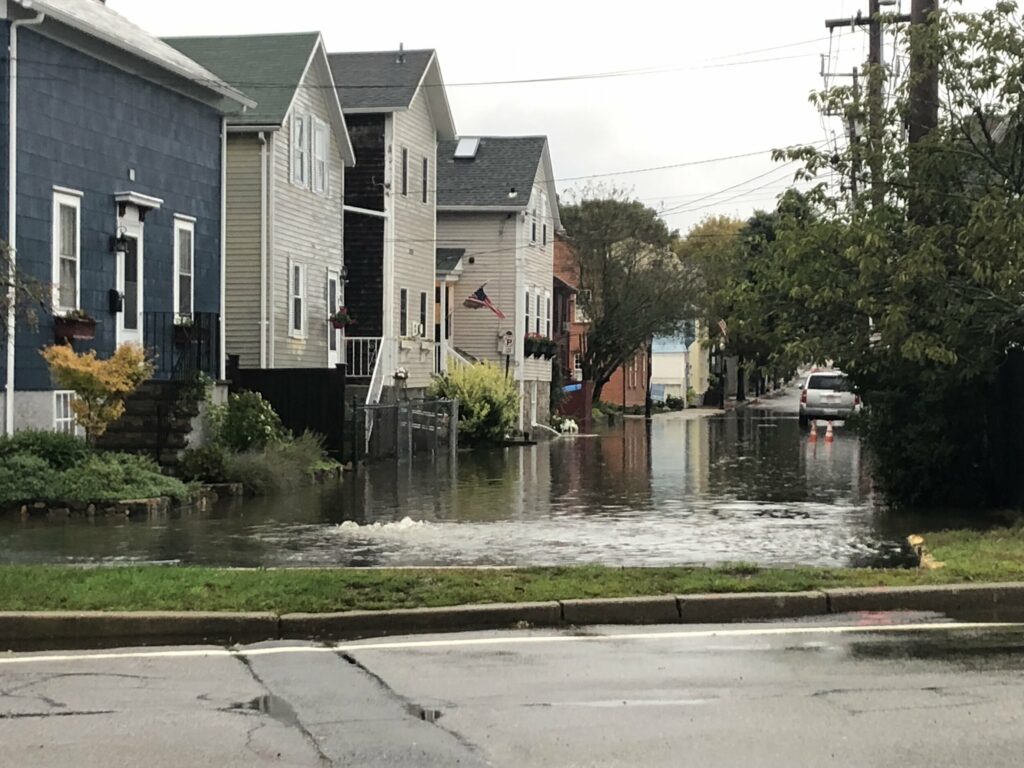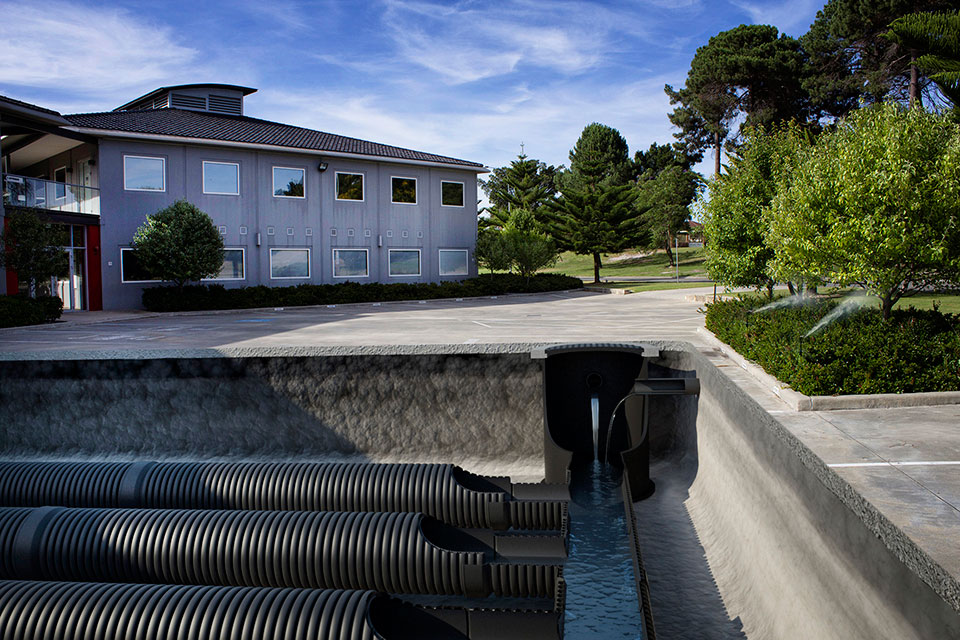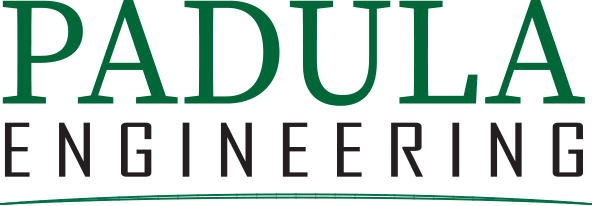As development continues and weather patterns change, effective stormwater solutions in Chadds Ford have become crucial.
Poor stormwater management can result in property damage, soil erosion, and water pollution. These issues not only affect individual homeowners but impact the entire community.
Expert stormwater management is essential for successful residential construction projects. This knowledge will help residential builders create sustainable developments that protect both property and the environment.
What Is Stormwater Management?

Stormwater management is the practice of controlling rainwater runoff to prevent flooding, erosion, and water pollution.
This approach helps maintain the area’s ecological balance while supporting new residential development.
Effective management involves capturing, slowing, and filtering rainwater before it enters local waterways or causes property damage.
Local regulations mandate that builders implement effective stormwater control measures in new residential developments, making it an essential aspect of construction planning.
Common Stormwater Issues in Residential Construction
Residential builders in Chadds Ford often encounter three primary stormwater-related challenges. They include:
Erosion and Sediment Control Problems
During construction, exposed soil is vulnerable to erosion by rain and wind. Stormwater that runs off from the site can carry sediment into nearby waterways, clog drainage systems and harm aquatic ecosystems.
Flooding and Water Accumulation on Properties
Impervious surfaces like roofs, driveways, and patios increase runoff volume.
Without proper drainage, this can lead to flooding and water pooling. Excess water can also damage foundations, basements, and landscaping.
Water Quality Concerns Due to Pollutants in Runoff
Stormwater can pick up pollutants as it flows across surfaces. These pollutants include chemicals, bacteria, and sediment from urban areas, construction sites, and agricultural lands.
Contaminated stormwater runoff can ultimately degrade residential water quality and pose risks to human health.
Addressing these issues requires expert stormwater management solutions.
In the following sections, we will explore specific strategies and best practices for tackling these stormwater management issues in residential construction projects.
Expert Stormwater Management Solutions for Residential Builders in Chadds Ford
Effective stormwater solutions in Chadds Ford are essential for residential builders to manage runoff and comply with local regulations. Here are some of the expert approaches to residential stormwater management:
Site Planning and Analysis

Before breaking ground, residential builders must carry out a thorough site assessment. This process involves:
1. Topography evaluation: Understanding the land’s natural contours and how water flows across the property.
2. Soil analysis: Determine soil types and their water absorption capabilities to ensure proper foundation support for the structure.
3. Existing drainage patterns: Identify natural water pathways and potential problem areas.
This information will form the foundation for designing an effective stormwater system, ensuring optimal placement of management features and minimizing disruption to natural water flow.
Low Impact Development (LID) Techniques

Low-impact development techniques mimic natural processes and are designed to manage stormwater close to its source. Key LID techniques for residential stormwater management include:
1. Permeable pavements: These surfaces allow water to seep through, reducing surface runoff. Builders can opt for pervious concrete, porous asphalt, and interlocking pavers when building. These materials are particularly effective for driveways, walkways, and patios in Chadds Ford homes.
2. Rain gardens: These are man-made shallow depressions filled with native plants that filter and absorb water. They can be strategically placed to collect runoff from roofs, driveways, and lawns, enhancing both functionality and aesthetics of residential landscapes.
3. Bioswales: These are vegetated channels that clean and direct water flow. These can be incorporated along property boundaries or roadways to manage larger volumes of runoff while providing natural filtration.
Construction of Retention Systems

These systems temporarily store stormwater and release it gradually to prevent flooding and erosion. Examples of retention systems include:
1. Stormwater ponds: These are designed to hold excess water during heavy rains and release it slowly. They can be integrated into landscaping as attractive water features.
2. Underground storage tanks: These collect and store runoff for gradual release, ideal for properties with limited surface space.
3. Rain barrels and cisterns: These capture roof runoff for later use in gardening or landscaping. It is also useful in reducing water bills and conserving resources.
By integrating these techniques into project designs, builders can effectively manage runoff, protect local waterways, and enhance property values.
Best Practices for Implementation
Implementing these expert solutions requires a strategic approach. Here are key best practices for successful implementation:
Early Integration
Incorporating these stormwater management solutions at the beginning of project planning will help to minimize environmental impacts and reduce long-term maintenance costs.
Early integration can also help to speed up the approval process by addressing potential regulatory concerns ahead of time. This proactive strategy can result in a more efficient and effective project overall.
Collaborate with Local Authorities
Consulting with municipal officials early in the planning process can help ensure that the project aligns with local regulations and community needs. It also fosters a positive relationship between the project team and the local community, ultimately leading to smoother implementation and potential support for the project.
Educate Homeowners On System Maintenance
The long-term success of residential stormwater management systems depends on proper maintenance. Provide clear, written maintenance guidelines for all stormwater features and offer hands-on demonstrations of maintenance procedures.
By educating homeowners, builders help ensure that stormwater systems continue to function effectively long after construction is complete.
Choose The Most Trusted Stormwater Management Firm
Padula Engineering is a leading civil engineering and stormwater management firm in Chadds Ford and we offer a full range of services that make it easy for our clients to meet all their stormwater management needs.
Our team of professional civil engineers are stormwater management experts who are well-equipped with advanced tools that allow them to provide uniquely innovative, efficient, and effective stormwater management solutions in Chadds Ford.
Give us a call today or stop by our office. We are always ready to serve you.
